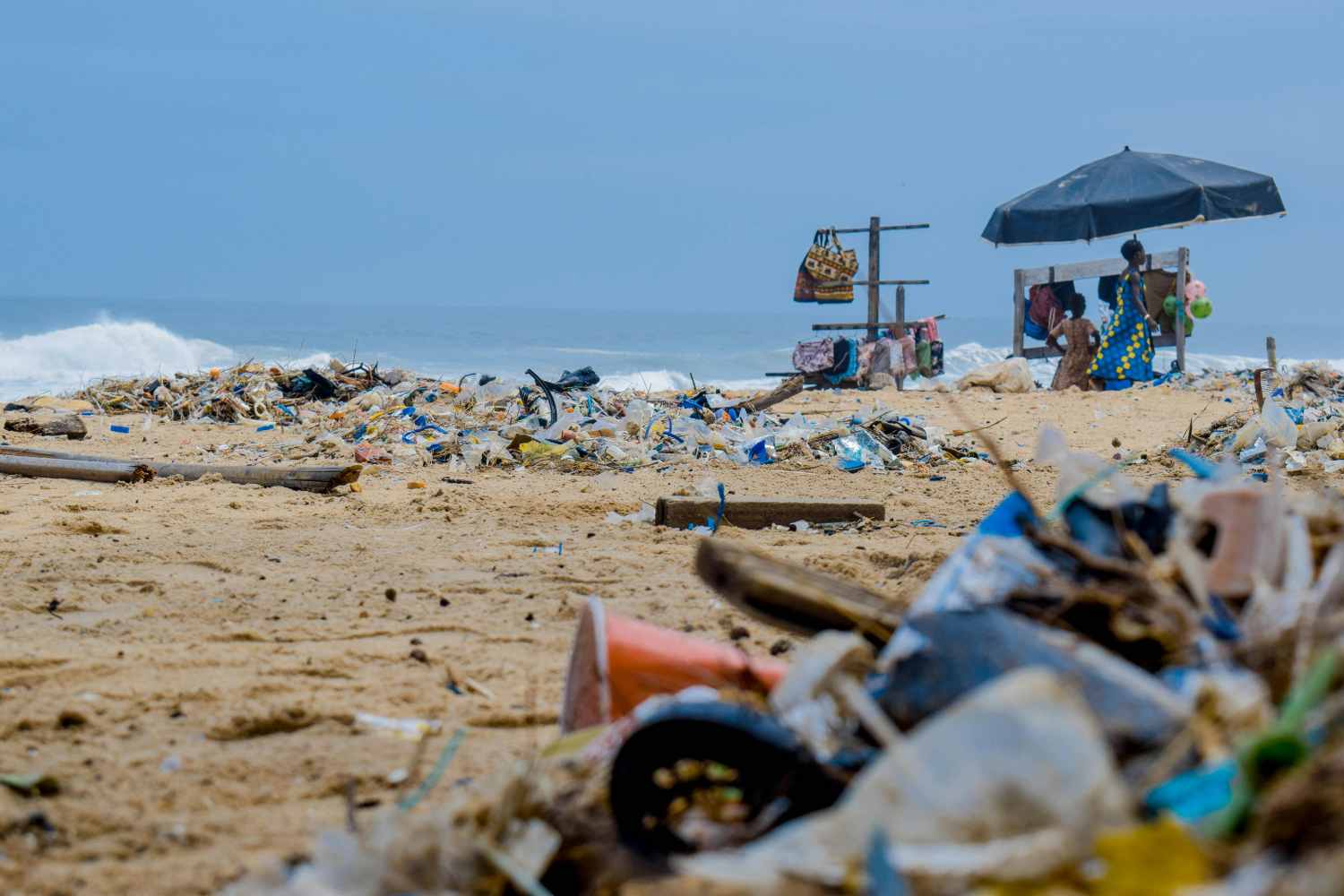Segredo beach is invaded by waste from Asian countries, with the plastic often almost intact after being illegally disposed of by merchant ships

@Lucien Wanda/Pexels
Segredo Beach, located in Natal, Brazil, is the country’s most beautiful and untainted beach site. But beneath its golden sands and blue, crystal-clear water lies an increasingly critical environmental tragedy: a behemoth garbage buildup, much of it coming in from Asian countries and elsewhere in the world. Plastic bottles for drinking water, motor oil cans from cars, and chemicals packaging are only a few of the items lining the shore, making it a proper garbage cemetery.
A recent BBC article emphasized that most of this waste has originated in nations like China, Indonesia, Malaysia, South Korea, and Singapore. A high percentage of the plastic also seems to be in nearly pristine condition, which means that it hasn’t floated around in the ocean for decades but was also dumped more recently. Although Asian goods seem to overwhelm the detritus, waste from Brazil, the United States, and Africa is also found.
Experts say that the reason for this is illegal dumping of waste by cargo ships. The sea is one of the busiest shipping lanes in the world, and the majority of ships travel between Asia and South America, contributing to the problem.
Illegal waste dumping by cargo ships
In these journeys, trash generated onboard is often dumped into the ocean rather than disposed of properly at harbors. This is due to the fees that are imposed on proper waste disposal. Despite international agreements banning the practice, it is extremely widespread and has extreme environmental consequences.
Apart from dirtying up the beaches, plastic litter and other matter constitute a giant threat to ocean wildlife. Seabirds and sea turtles, for instance, are likely to ingest parts of plastic or become entangled in the garbage, often with fatal results. When plastic is broken down into microplastic, it becomes incorporated into the food chain before finally ending up in human bellies as tainted seafood.
Brazilian authorities, the Navy, and the environmental agency Ibama have the responsibility to monitor ships and protect the coastline. But fines and inspections have not been sufficient to curb the issue. Some solutions proposed by experts are to charge a fixed waste disposal fee at ports and increase monitoring of shipping activities. But without coordinated international efforts, ocean pollution will continue to worsen, threatening coastal ecosystems and the quality of life in the region.
